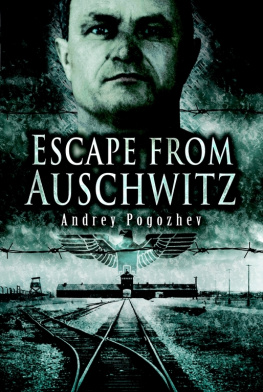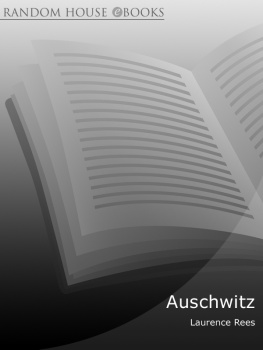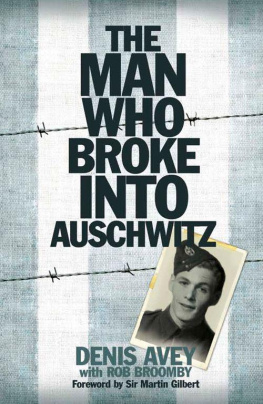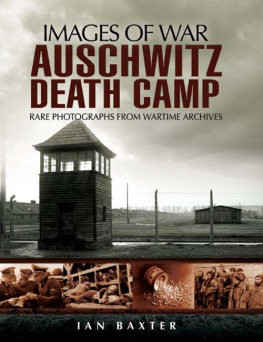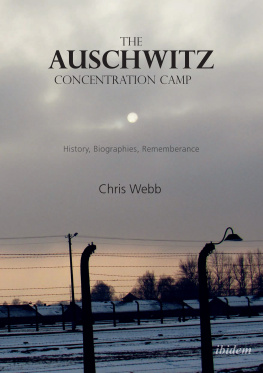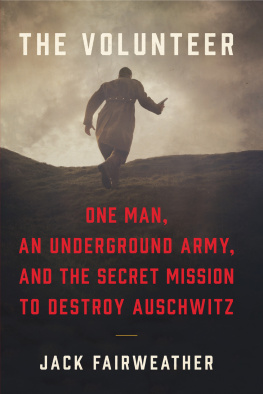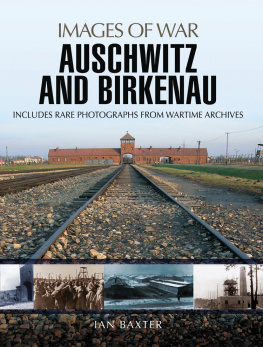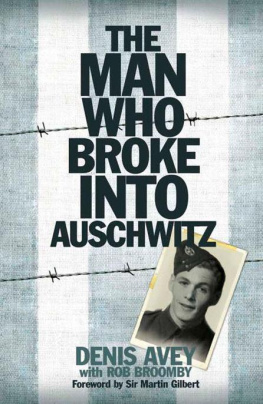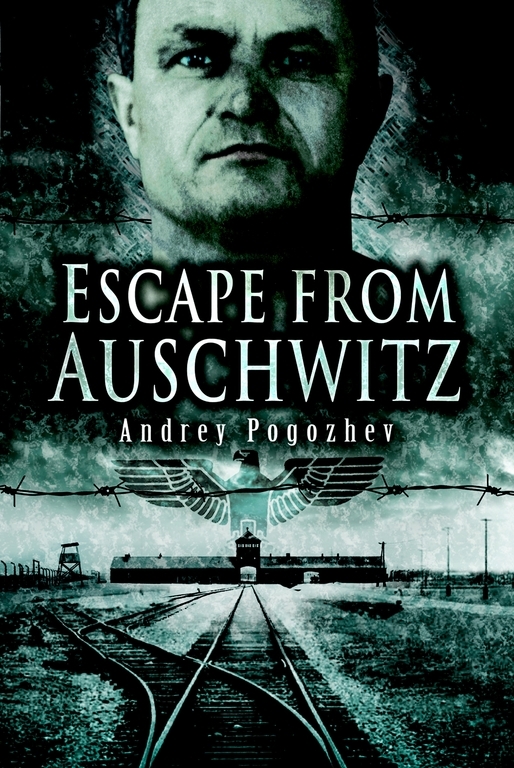Epilogue
This morning the West German Court passed sentence on twenty SS criminals who acted in the biggest Nazi death camp Auschwitz during the War. The court sentenced the accused: Boger, Hoffman, Kaduk, Baretzki and Bednarek to life imprisonment. Eleven of the accused were sentenced to various terms from eight years and three months up to fourteen years. Three of the accused were acquitted. Further, the court decided to take into account time spent in pre-trial custody. This sentence was announced after a trial lasting exactly twenty months. About 360 eyewitnesses, mostly consisting of ex-prisoners of Auschwitz who evaded extermination only by a miracle, provided their testimony. The testimonies implicating the accused in commission of mass murder were given during the process by citizens of Poland, Czechoslovakia, the German Democratic Republic, the Federal Republic of Germany, Israel, the United States, France, Belgium and other countries. Some of the accused sent hundreds of prisoners to the gas chambers men, women, old people, and children. The accused also took part in the shooting of prisoners, murdered them by injections into the heart etc....
From Light Sentence for Nazi Murderers a TASS report dated Frankfurt-am-Main, 19 August 1965.
The national flags of dozens of countries surround a monument buried in live flowers. The air is full of funereal tunes and the buzz of a swarm of people. Representatives of many countries stand on the rostrum, next to a monument dedicated to the victims of Auschwitz. Among them there are tourists from the Soviet Union former inmates and delegates from the Soviet Committee of War Veterans, led by Hero of the Soviet Union Lieutenant General Vasili Yakovlevich Petrenko, former commander of the division that liberated the camp on 27 January 1945. After a solemn, mournful ceremony of remembrance, the Soviet veterans visit the central camp. Its hard to breathe. It seems the air is full of burning smoke and soot from the crematorium...
I stood before the gates oppressed by sweeping recollections. The deserted watch towers do not threaten with machine-guns, no fierce shouts are heard, no emaciated shadows in striped clothing wander about the camp. The rest has been preserved untouched, as it used to be: the gates with the mocking inscription Arbeit Macht Frei (Freedom Through Labour), the dense web of barbed-wire fences, two-storey buildings of red brick, the gas chambers, the gallows. Some documents, photographs, clothes, possessions, piles of female hair, childrens prams, artificial limbs also survived: material evidence of crimes committed here, crimes previously unknown to humankind. Auschwitz is now a State Museum of the Polish Peoples Republic...
After visiting Block 11, I step into the inner yard, following the route of those condemned to death. On the right is a black rectangle of wall. It hypnotizes like the muzzle of a gun. My eyes dont blink they are riveted to the black wall the wall of monstrous torture, the wall of firing squads [the original Death Wall was demolished before the end of the war but reconstructed by the Auschwitz Museum trans.]. The rectangle looms closer and closer, squeezing out the sky, screening everything in front of me. And suddenly the wall comes alive. Figures began emerging: vaguely at first, then clearer, more distinctly. There are hundreds, thousands of them. The back rows are hidden in the hazy distance. There is one man in front. He looks at me intently. A spasmodic shiver runs down my back. My face and hands break out in a cold sweat. Of course its Wilhelm Trschmidt. I couldnt fail to recognize him...
Dont look at me so sternly. I havent forgotten. Ive been remembering I do remember and will remember you till my dying day, till my heart stops beating. Youre a doctor after all, and youll understand the sincerity of my words better than anyone. Did you smile? Youre happy that I havent forgotten you? I remember everything as if it were yesterday. You called me a Russian Bolshevik and I was proud of that. You snatched me from the cold clutches of death. But you didnt just save a guy called Andrzej [Polish for Andrei, the authors first name trans.], you saved one of those Russian Bolsheviks whose extermination you were witnessing. And by saving me you expressed your sympathy with those Russian Bolsheviks who were defending freedom far in the East. Am I lying? No, its true, its true! I saw it very well back then and see it now in your squinted blue eyes, sparkling with love and respect. And youve hardly changed at all. The same deep wrinkles on your forehead, the same stern expression in your eyes, and the same dignified grey head.
Im happy to advise you that you guessed correctly: I found my family. I have good daughters and already a grown-up granddaughter. And they all know your name, for Ive told them so much about the Chief Surgeon of Block 21: a man of great heart, the Polish political prisoner, Wilhelm Trschmidt.
If you only knew how hard it is for me sometimes. Especially when Im remembering the childrens screams from Block 10. Wed plug our ears with paper dressings. Once I saw you doing the same in the operating room. But was it really possible to muffle the moans of a dying child? His fading cry for help?
Do you remember those horrible days and nights? Your presence on quiet warm summer nights was necessary for us, the dozens of patients. It sowed fortitude in us, it helped us face the unthinkable, from which it was easy to go mad. You dont know, but we saw you during the last minutes of your heroic life. Can you guess how? Of course, we stood behind the bunks in front of the windows. We were not seen but witnessed everything. No matter how hard it was to look, we your colleagues and friends couldnt turn our eyes from that tragic episode. We wept as only men could weep. We wept from awareness of our own feebleness, from hatred towards the butchers. But inwardly we were proud of your fortitude. Youd been a real patriot of your long-suffering Motherland up to the last minute. And you remained in our memories as such a man, and thats how Im seeing you now...
Ive just walked around the cells of Block 11. Grey walls, grey floor. The steps boom in the big, empty rooms. Images of the sadistic brutality played out here used to weigh heavily on our hearts and oppress our minds. Its impossible to imagine what you had to live through. You spent the last hours before your death in such a prison cell, didnt you? Of course you were tortured. You were not given a minutes rest. Oh! These butchers were highly proficient in their art, but were unable to understand the souls of those they tormented. They could kill bodies in a bout of fury, but were unable to break the spirits of their victims. These are your words, my dear father, brother and comrade. What, youre leaving? Where are you, for Gods sake? I want to talk to you a bit more!
Dont resent me. I was lucky I broke out of this hell. I survived. Im infinitely happy that I lived to see the joyful day of Victory. But I havent forgotten my experiences. And the passing of the years hasnt dulled the sharpness of the pain. The wounds of my body have healed over but the wounds in my heart remain deep. They will pain me for the rest of my life.
Its hard to say what sustained me through those inhuman ordeals: stamina, health, luck? What saved my soul in that hell, helped me carry my dreams, endeavours and love for the Motherland through the horrors of Auschwitz? Auschwitz! The whole world knows that name: the place where Fascists exterminated 4 million people from all over Europe in four years [although initially estimated at 4 million, the Auschwitz Museum later adjusted this figure to 1.5 million victims trans.].

